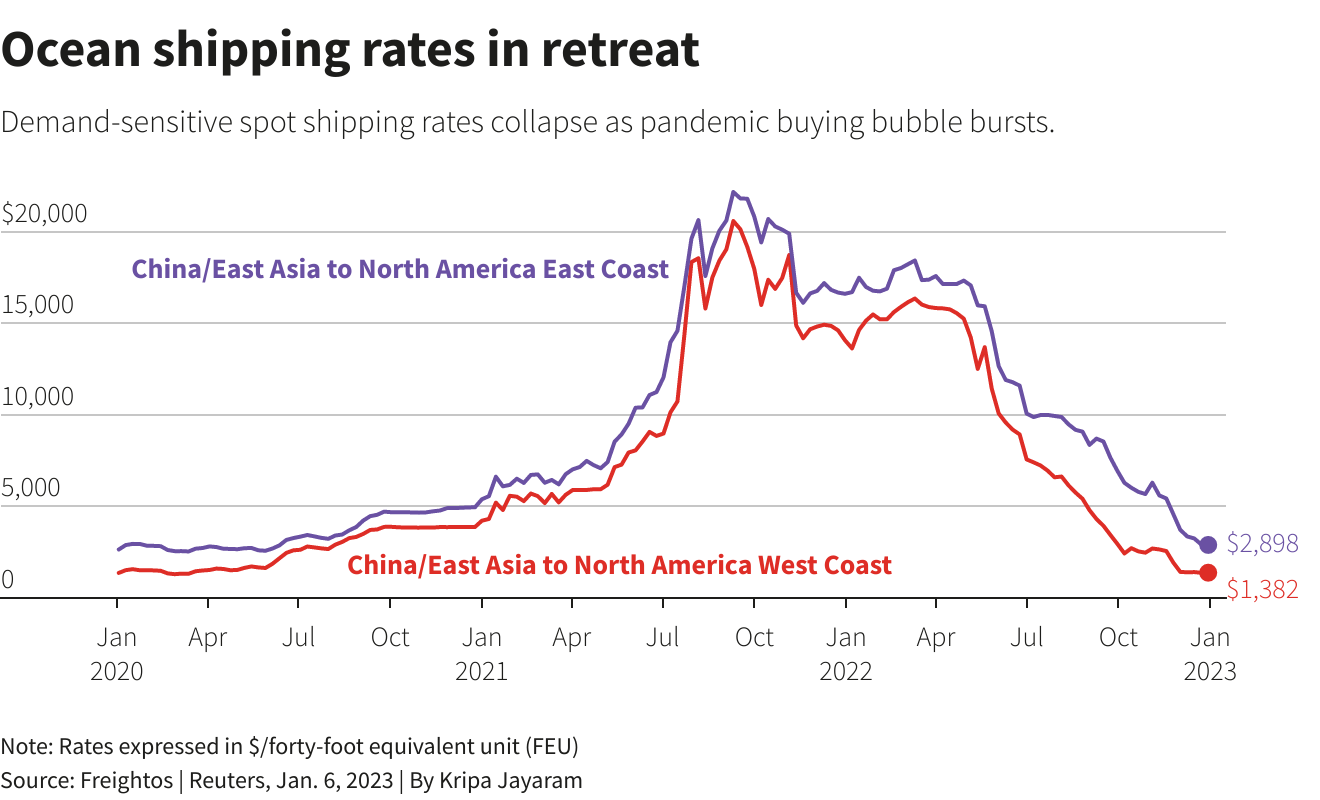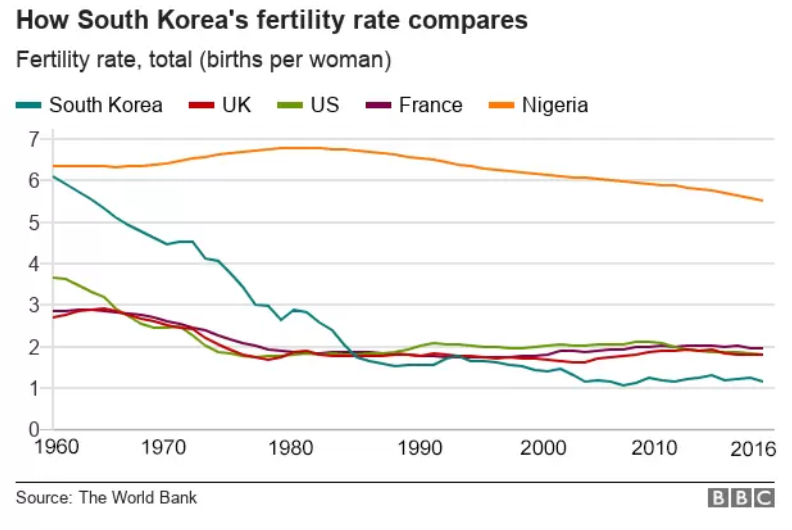

When the conflict in Ukraine started, I was browsing youtube and found Peter Zeihan. He was talking about the consequences of the war, what happens with energy and food. In hindsight, his predictions were pessimistic, but he was talking about problems that I didn't know were problems. Finally, I decided to read one of his books.
The book reads well and contains a lot of insights. His predictions are very dark. (Some predictions might be considered clickbait, but I believe his data.) He has a pro-American bias. So when I'm reading it, I always think about how much it influences his predictions.
How we got here
Throughout history, countries traded only sporadically. It was expensive to get goods from point A to point B. Moreover, trade was interrupted by wars and slowed tariffs. The only way how to create resilient supply chains was to be self-sufficient.
After the second world war, this model fell out of favor. Americans were strong enough to create their empire, but they didn't do it. At least militarily. They offered anyone to participate in free trade if they were not communists. (Even if you were hungry and mismanaged communist dystopia like SSSR, you might get some food anyway.) The United States (with Western Europe, but they didn't do any heavy lifting) created and paid for a coalition of countries.
After the Cold War ended, the deal extended to the eastern block. Anyone could participate in the free trade. The oceans were safe, and everyone could trade very cheaply.
It created an optimized system: globalization. In the system, Asia processes African minerals under the American design with European machines. This system is historically unprecedented and fragile. We see a disruption of the system after covid and with inflation, but Peter Zeihan says it might implode soon.
Globalization ends
Globalization is a fragile system. Someone has to pay to sustain it. In the past, it was the United States, and anyone could join. Now, the United States does not have any real competition. Moreover, they have a lot of resources, so they do not need the rest of the world.
If the US is out of the game and nobody is ensuring free trade, the system can be destroyed easily (and not only by terrorists but by the selfish actions of nations). I'll describe a few moving parts of the system that can be easily smashed and explain their crash would influence the modern world.
Shipping
Now, the shipping is overoptimized. Tankers are huge and sail at low speed (because it is fuel-efficient). They transport everything from food to toys.
A state that decides that the US will not wage war because of one captured tanker (Iran, for instance) can seize a transport ship. It would be an isolated, starving, or collapsing country. After this happens: ships need to go a long way, insure themselves a lot more, and the math of shipping changes. (Egypt on Suez can be such an example, it doesn't have enough food, so it imports the food for cotton.)
Suddenly, some trading might become more expensive and some unprofitable. During Corona, we saw a hike in shipping prices (see figure). Nations will want to become more self-sufficient, even if it is more expensive.
Agriculture
Many countries are not sustainable. They grow valuable crops (cotton, bananas) and import food. When the trade becomes more unreliable, they might revert to growing food (if they can, Egypt is past this point).
Interestingly, as I already visualized here, the food exporters are the developed countries, and poorer countries import food. With the increased shipping costs and war in Ukraine (with the broken dam and south Ukraine irrigation out of the picture), we might see some famines, migrations, and (in the developed world) a reduced variety of food.
Demography
Maybe, you noticed in the news that the population of China decreased for the first time in half a century. But China is not the only one. People in more developed countries age rapidly. The world is getting older, and there is a hope that countries that industrialize later will have more people to offset the trend, but this is not happening. Countries that industrialized and urbanized a long time ago have a low birth rate, but countries that industrialized recently have the birth rate even lower.
Rich democratic countries will age rather gracefully. Governments will encourage immigration (and there is a possibility of people coming). The economy will change to provide for the old since they have the money. Eventually, debt and taxes increase. The system will bleed productive people until the country goes bankrupt. It will be painful, especially for poorer countries, but not very violent.
The problem is with dictatorships, as with Russia. The leaders will see the shrinking population and their diminishing power. They might decide to do something horrendous. It might be population engineering to force people to have children. Or it might be war since this is the last time they can fight (as it is with Russia).
From the developed world, the United States has this problem the least. They can attract immigration, and their birth rate is not disastrous.
The aging of the developed world is bad news for the developing world. The surest way to become developed is to accept investments from the developed world and grow them into their industries. This path will get blocked. Retirees invest differently. They prefer safe investments and withdraw more.
Energy
Until now, the United States needed oil, usually from the Middle East. It got them into some wars, but the US also guaranteed the stability of the Middle East. They prevented wars that would disrupt the flow of oil. Now they don't have any reason to care about the Middle East. If Saudis and Iranians start fighting, it might starve the world of energy.
It would be a similar problem as with Russia. Immediately when the war started, there was an acute shortage of gas. It was also a problem of transportation. The production capacity for Europe was there (they could pay for it), but getting the gas to Europe was hard. The system settled itself in a new equilibrium where the gas is more expensive. It is not such a big problem for Europe, but again for poorer countries.
In the future, energy prices might not depend on the global market but on your distance from the source and the strength of your navy.
I'm optimistic
Peter Zeihan is very persuasive. Reading the book, you see the world crumble. Writing this post, I realize the problems might not be so unsurmountable. Some trends compound (as war might cause famine and trade disruption), while other trends cancel each other (the population decrease makes famine less likely). In general, a population decrease can prevent a lot of problems. Less population means more resources per capita. In the book, China looks like a danger to the whole system. But China is the one who most profits from the current state (meaning it would be in a much worse position without it).
Hopefully, the leadership will be peaceful. Russia is also dangerous, but we are still alive, so it's probably not that bad. Other books I read describe population declines of around 30% in history. So I think we will be fine anyway.
I recommend the book, read it. You'll find how the world might end.